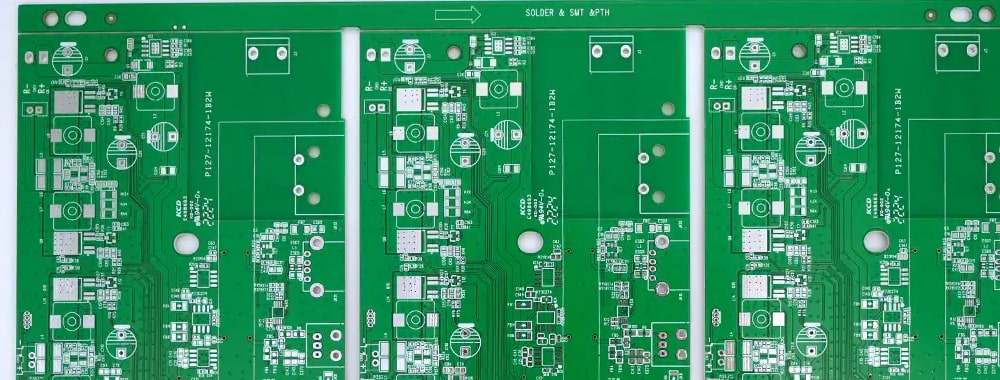Can HASL surface treatment be used for flexible circuit boards?
12 December 2025
Views: 522
Surface treatment in PCB can ensure good solderability and protect copper surface. One of the common surface treatments is hot air leveling (HASL). But hot air leveling (HASL) is widely used in rigid PCB manufacturing, so can HASL surface treatment be used for flexible circuit boards?

What is hot air leveling (HASL)?
HASL (hot air leveling) is a surface treatment process where the circuit board is immersed in molten solder (tin-lead mixture or lead-free alloy). After immersion, hot air is applied to remove excess solder and ensure a smooth and uniform coating. The final solder coating can protect the copper pads and ensure good solderability during component assembly.
Compatibility of HASL with flexible circuit boards
Although HASL is a common surface treatment method for rigid PCBs, we do not recommend it for flexible circuit boards due to the following reasons:
1. Thermal stress
The HASL process requires the PCB to be immersed in molten solder, and the solder temperature can be as high as 260-270°C. Flexible circuit boards are made of heat-sensitive materials such as polyimide, which may deform at such high temperatures, compromising the reliability of the FPC.
2. Surface Unevenness
Due to the nature of the solder leveling process, hot air leveling (HASL) often results in uneven surface finish. Flexible circuit boards often contain fine-pitch components and closely spaced traces, and even tiny surface unevenness can lead to soldering defects and alignment issues during assembly.
3. Flexibility Issues
Compared to the flexible substrate of the flexible circuit board (FPC), the solder coating applied during the hot air leveling (HASL) process is relatively rigid and brittle. When the board is bent, the rigid solder coating may crack or peel off.
4. Added Weight
Hot air leveling (HASL) adds a layer of solder to the surface of the PCB, increasing its weight. For aerospace or wearable electronics, this extra weight is undesirable.
Alternative Surface Treatments for Flexible Circuit Boards
Given the limitations of hot air leveling (HASL), other surface treatment options are more suitable for flexible circuit boards. These alternatives include: 1. ENIG (Electroless Nickel Immersion Gold); 2. OSP (Organic Solderability Preservative); 3. Immersion Tin or Immersion Silver.
Conclusion
Although HASL is a widely used surface treatment method for rigid PCBs, it is not suitable for flexible circuit boards due to the incompatibility issue.
Share This Story, Choose Your Platform!

 Email: all@poe-pcba.com
Email: all@poe-pcba.com
 Whatsapp: 85292069596
Whatsapp: 85292069596
 Tel: 0755-25312250/ +8613798543496
Tel: 0755-25312250/ +8613798543496
 Factory Address: Floor 3, Jinyuan Industrial Park, No. 56, Tangtou Avenue, Shiyan Town, Baoan District, Shenzhen China
Factory Address: Floor 3, Jinyuan Industrial Park, No. 56, Tangtou Avenue, Shiyan Town, Baoan District, Shenzhen China













